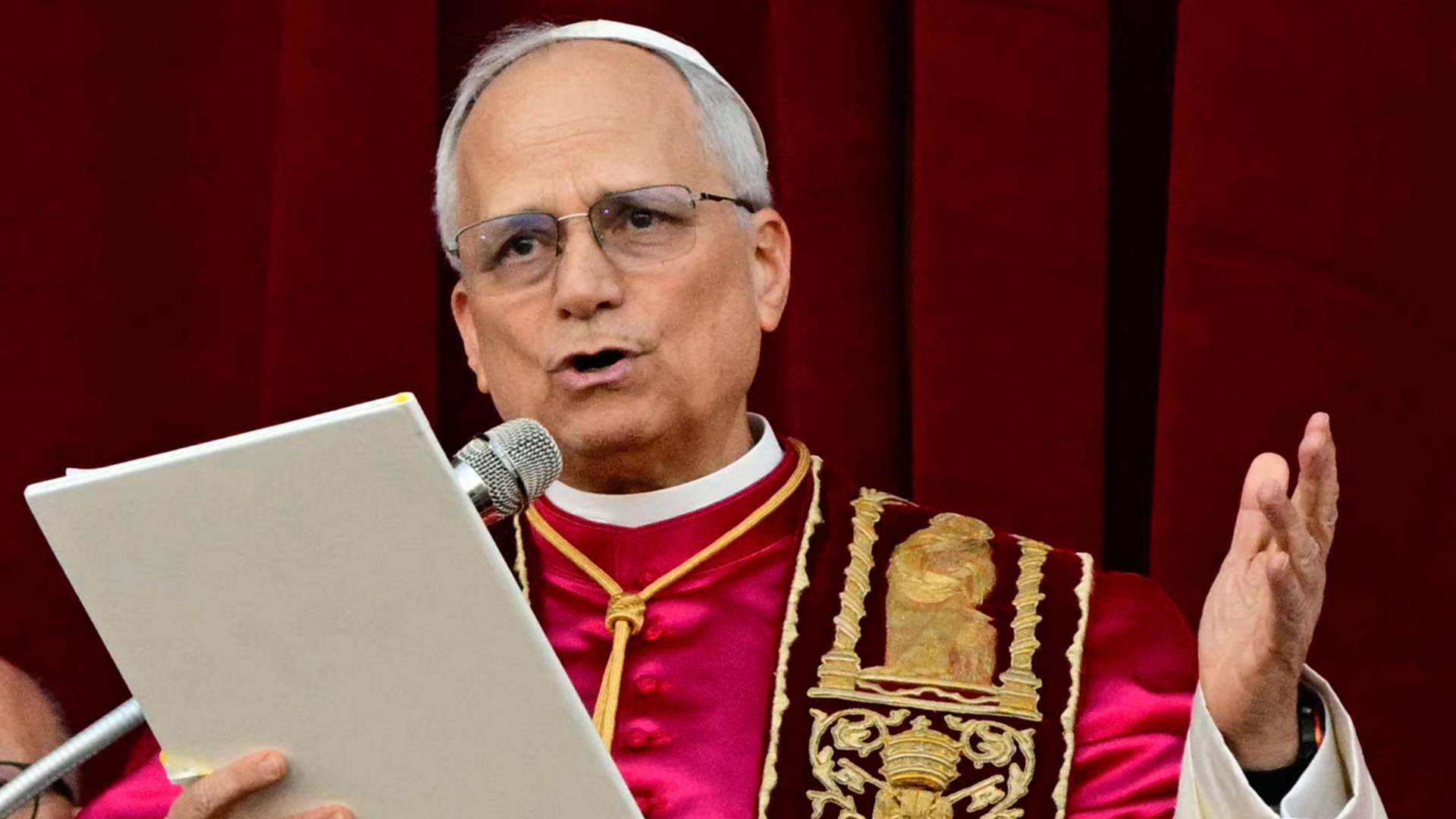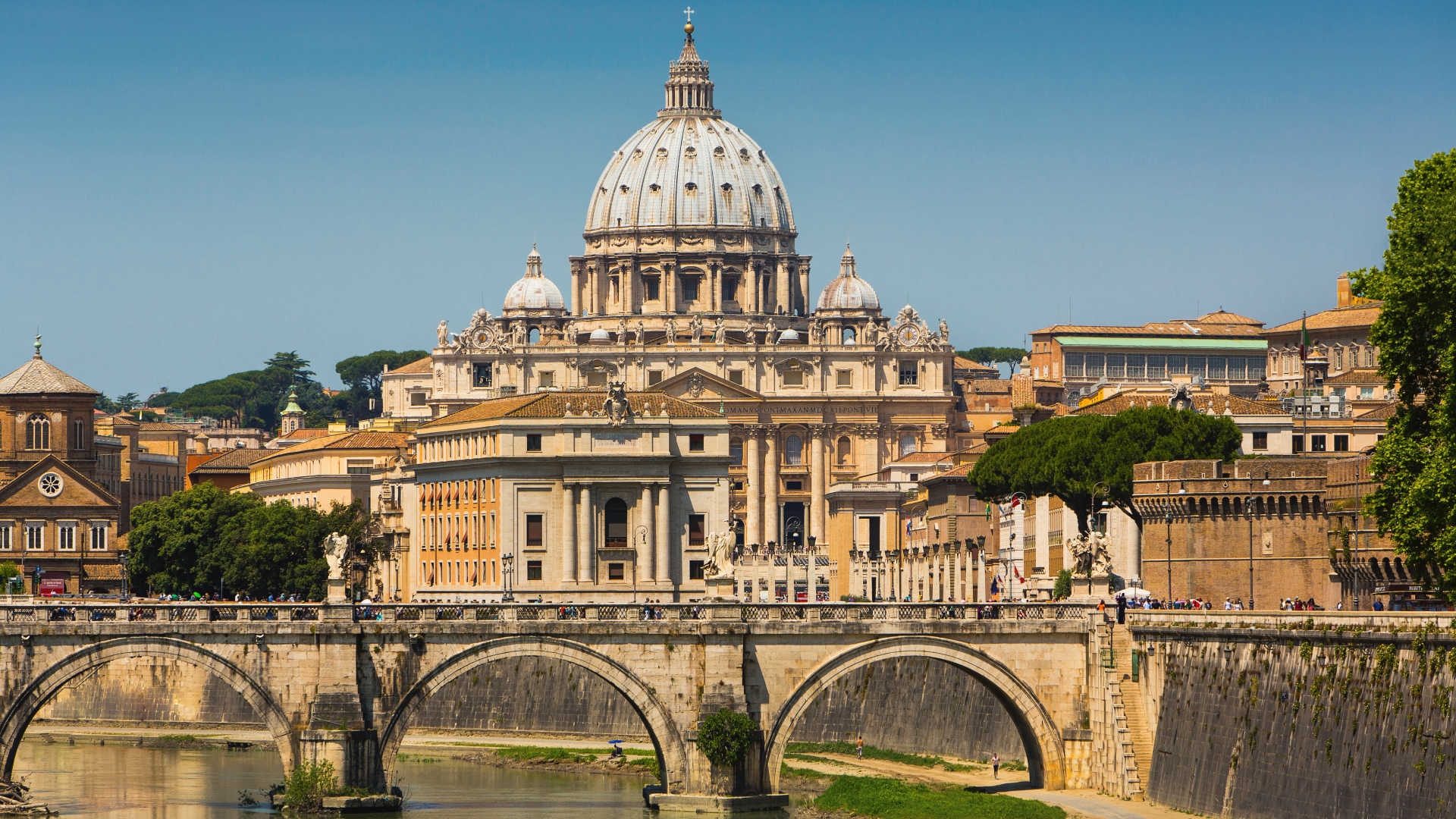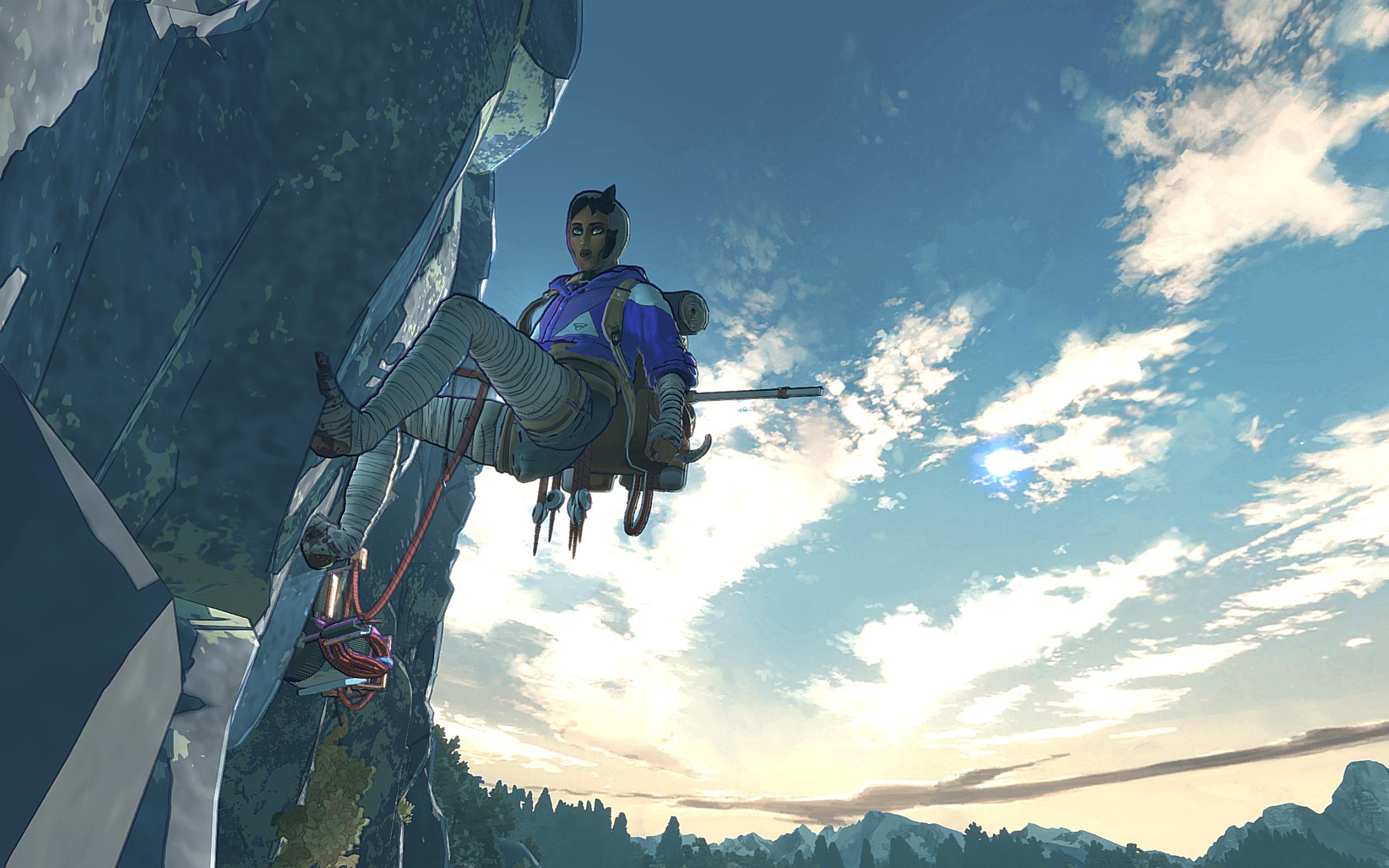Calling AI a threat to 'human dignity, justice and labor,' Pope Leo XIV of all people takes on Big Tech
I'm definitely not looking to convert, but I'm listening.

As a tech journalist, I'm far from heartened by the AI feeding frenzy we're seeing. Besides the Trump administration rolling back Biden-era guardrails and handing OpenAI a frankly eye-watering amount of money via various contracts, the UK government attempted five times to pass a bill (which has since passed) that allows AI developers to largely scrape whatever copyrighted material they like. With patrons of the arts like this, who needs enemies? So, imagine my surprise when none other than the pope actually wants to approach AI with some amount of caution.
Pope Leo XIV spoke declaratively about the field of artificial intelligence while addressing the College of Cardinals recently, saying, "Today, the church offers its trove of social teaching to respond to another industrial revolution and to innovations in the field of artificial intelligence that pose challenges to human dignity, justice and labor" (via The Wall Street Journal).
Framing AI as any kind of threat to humanity is declarative to say the least, so how did we get here?
When he began his papacy earlier this year, the new pope took his namesake from Leo XIII. This predecessor served as pope from 1878 until 1903, and is remembered in part for his outspoken support of workers' rights during the Second Industrial Revolution. With this context in mind, it's perhaps no surprise that Pope Leo XIV specifically uses the phrase "industrial revolution" to refer to the rapidly growing field of AI. Between Duolingo replacing contractors with AI and enough time passing for Klarna to have some regrets about its own AI-first approach, it's not hard to see why Leo XIV would focus on this as a labour issue.
What's perhaps more surprising is that this mission statement arrives after many years of Silicon Valley attempting to get the papacy on side. For just a few examples, Pope Francis met with Meta CEO Mark Zuckerberg (back when the company was still called Facebook) and granted private audiences to both Apple CEO Tim Cook and Elon Musk. To be clear, though, predecessor Pope Francis was not exactly a fan of AI either, and Leo XIV has framed his stance against AI as carrying on that legacy.

Indeed, the Vatican will imminently host personnel from Meta, Google, Anthropic, Palantir and more big tech heavy hitters for the second annual Rome conference on AI, Ethics and Corporate Governance. Though Leo XIV has yet to grant any private audiences with tech company CEOs, he's expected to give a written address at this event. Whether that's an offer of guidance or something more firm-handed remains to be seen.
Cardinal Giuseppe Versaldi, who knew the pope back when he was Cardinal Robert Francis Prevost and beyond, told The Wall Street Journal, "Leo XIV wants the worlds of science and politics to immediately tackle this problem without allowing scientific progress to advance with arrogance, harming those who have to submit to its power."
Keep up to date with the most important stories and the best deals, as picked by the PC Gamer team.
Versaldi also adds, "These tools shouldn’t be demonized, but they need to be regulated. The question is, who will regulate them? It’s not credible for them to be regulated by their makers. There needs to be a superior authority."
While I'm no form of Catholic—lapsed or otherwise—caution from such influential community leaders is downright refreshing to hear. As political policy pertaining to AI feels increasingly focused on short-term financial gains rather than the human or environmental impact of the technology, I find myself on a similar page to both Pope Leo XIV and Cardinal Versaldi.
Though there are vanishingly few times an atheist will find herself sharing common ideological ground with the leader of the Catholic Church, just how hardline the pontificate will ultimately go, and whether those words will find purchase upon other influential ears, remains to be seen.

1. Best overall:
HP Omen 35L
2. Best budget:
Lenovo Legion Tower 5i
3. Best compact:
Velocity Micro Raptor ES40
4. Alienware:
Alienware Aurora
5. Best mini PC:
Minisforum AtomMan G7 PT

Jess has been writing about games for over ten years, spending the last seven working on print publications PLAY and Official PlayStation Magazine. When she’s not writing about all things hardware here, she’s getting cosy with a horror classic, ranting about a cult hit to a captive audience, or tinkering with some tabletop nonsense.
You must confirm your public display name before commenting
Please logout and then login again, you will then be prompted to enter your display name.

